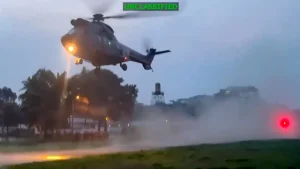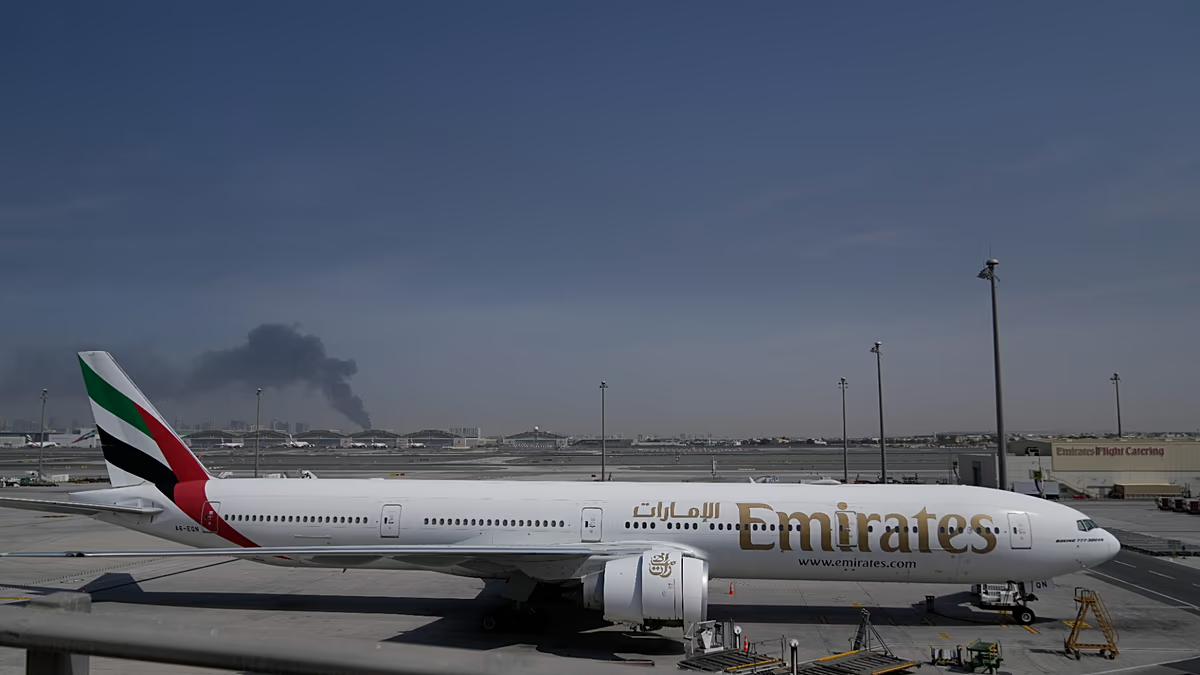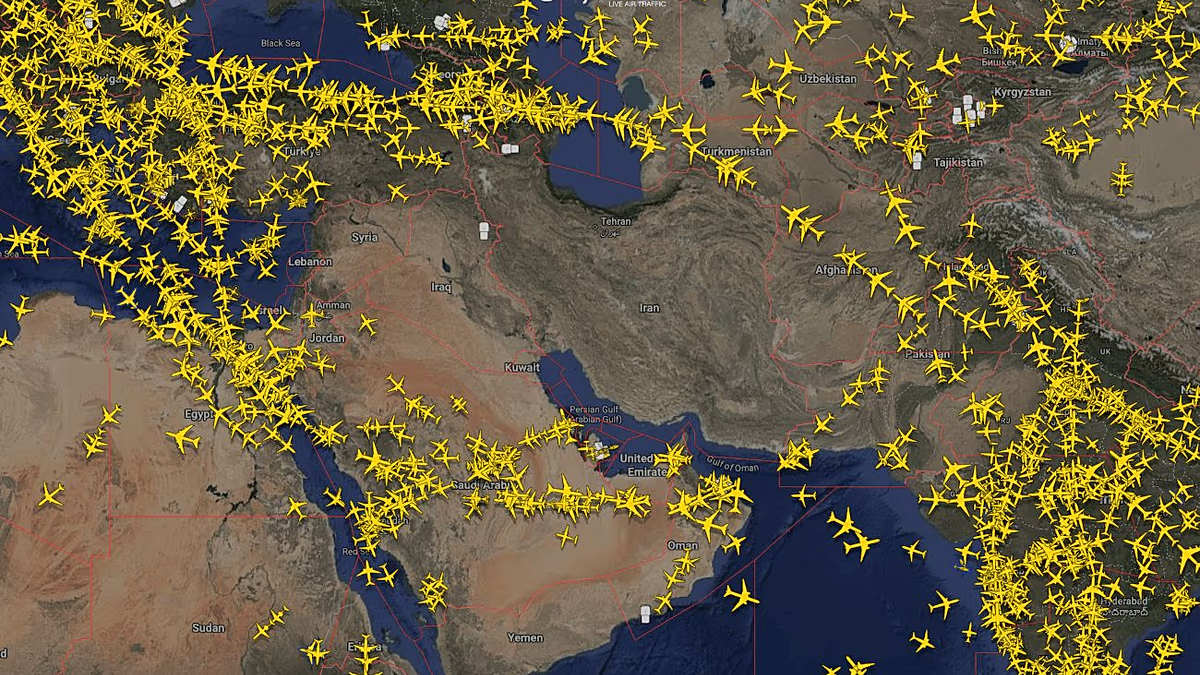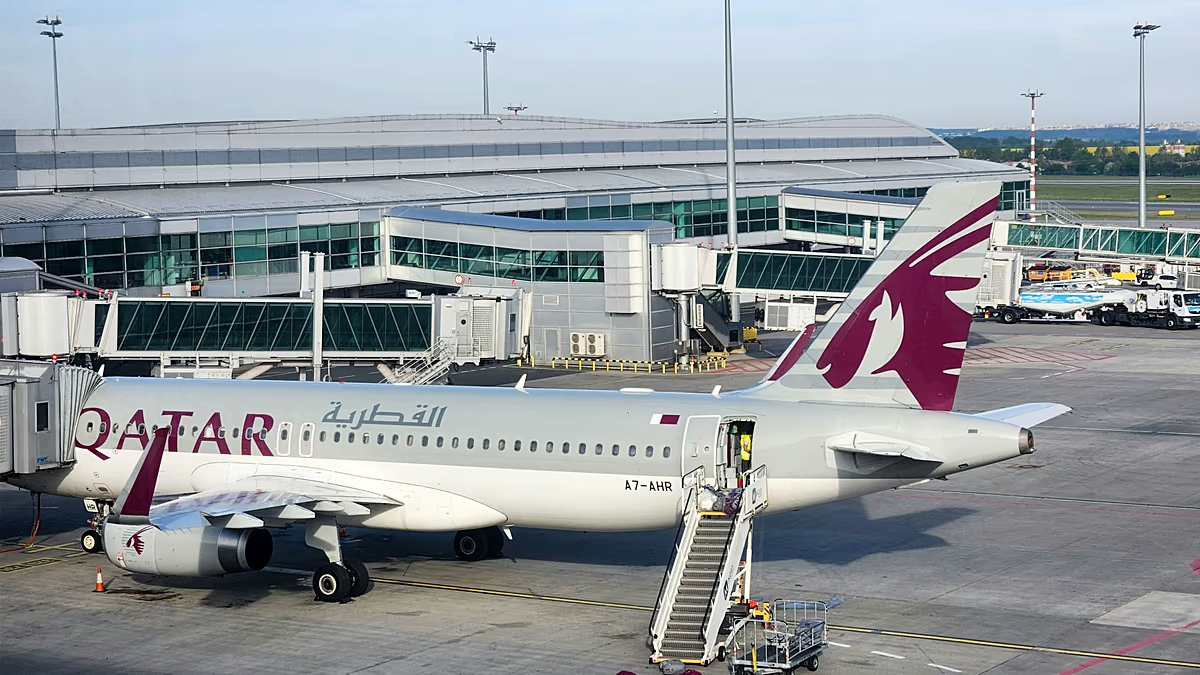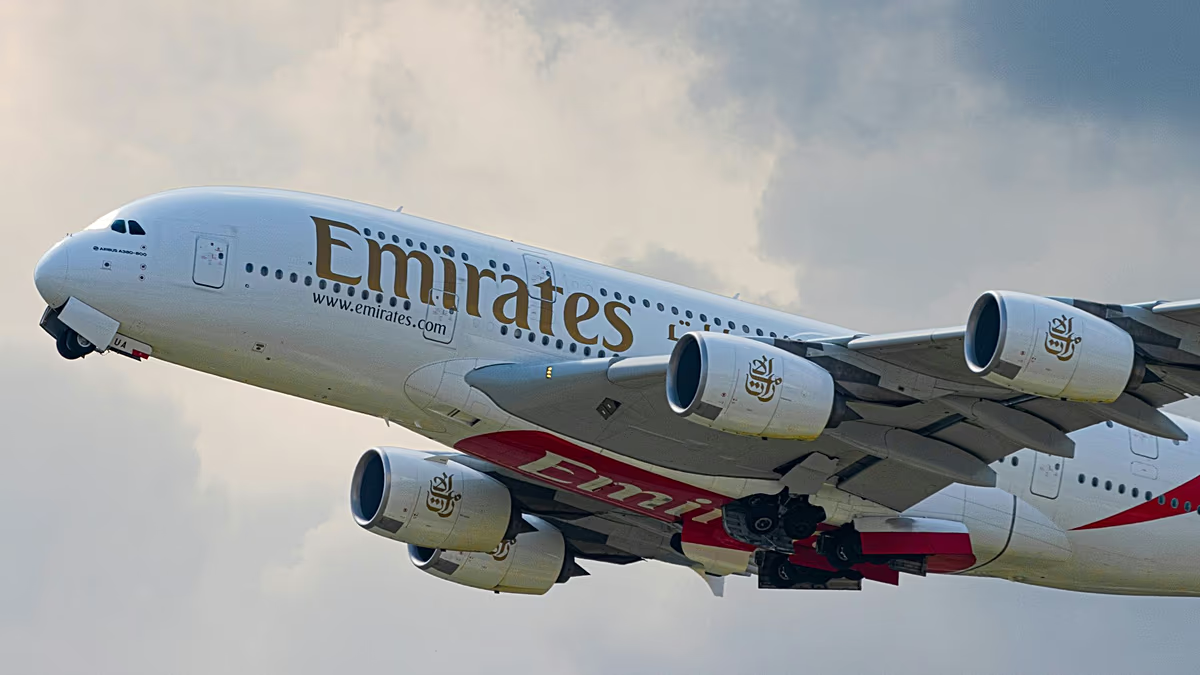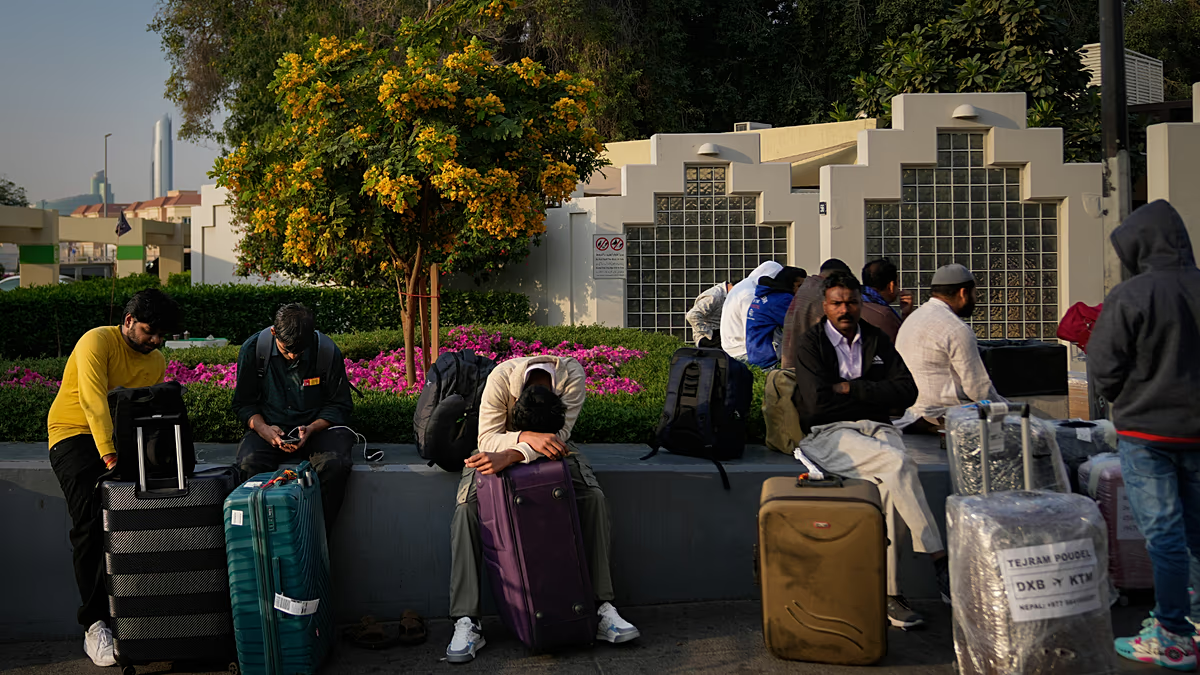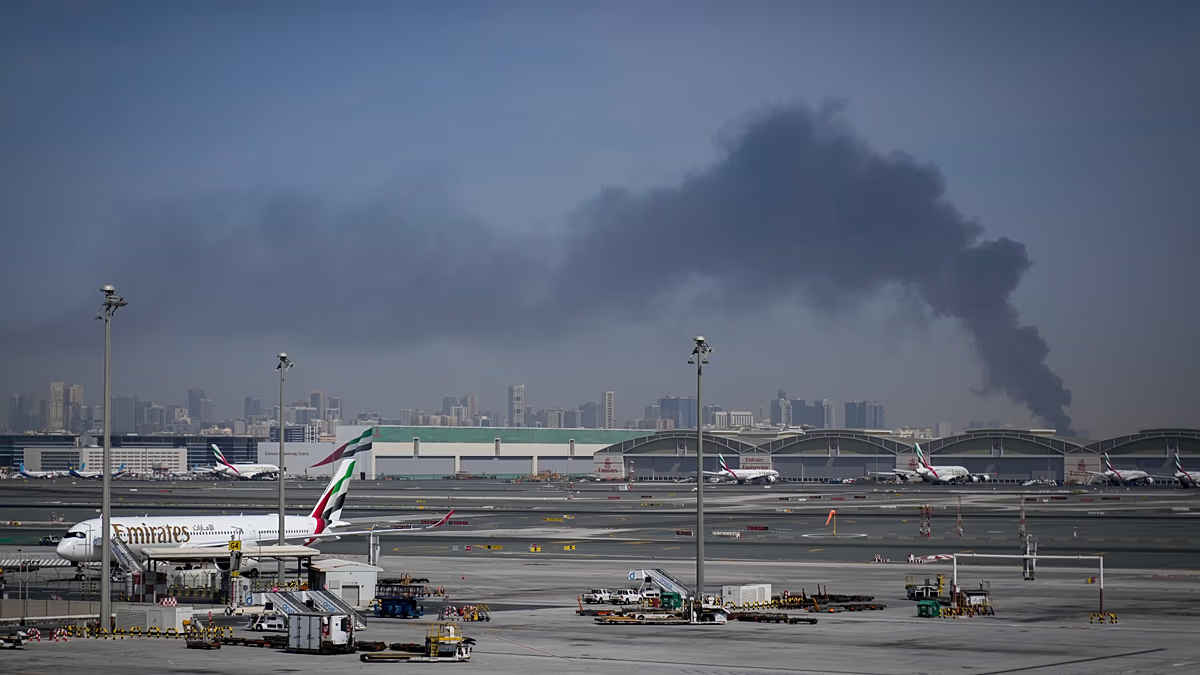Air Traffic Control Union Dynamics in France
France’s largest air traffic control union decided not to participate in the July strikes, creating an unusual situation in the typically unified labor front. This abstention raised concerns among travelers, airlines, and government officials that future industrial actions might see greater participation from this influential union, potentially leading to more severe disruptions across French airspace. The absence of the major union during the July protests limited the impact on air travel, but simultaneously heightened anxiety about what might happen if they were to join subsequent strike actions with their considerable membership and influence.
The decision to abstain from the July strikes reflected internal debates within the union about timing, demands, and strategic approaches to negotiating with government authorities. While smaller unions proceeded with their industrial action, the major union’s leadership determined that their members’ interests might be better served through continued dialogue rather than immediate work stoppages. This strategic divergence among labor organizations highlights the complex landscape of French industrial relations, where multiple unions often compete for membership and influence while simultaneously trying to present a unified front against government policies they oppose.
Aviation experts and industry analysts view this situation with particular concern because full participation by all air traffic control unions would significantly amplify the impact on European air travel. France occupies a critical geographic position in European airspace, with many continental flights routed through French air traffic control sectors even when not departing from or landing in France. When French controllers strike, the ripple effects extend far beyond French borders, affecting thousands of flights and hundreds of thousands of passengers across Europe and beyond. The potential for the largest union to join future actions therefore represents a considerable risk to air travel stability.
Government officials have been engaged in ongoing negotiations with union representatives, attempting to address concerns about working conditions, compensation, and staffing levels that frequently drive strike actions. These discussions take place against the backdrop of broader tensions about public sector reforms and labor rights in France. The government must balance addressing legitimate workplace concerns with maintaining essential services and considering the economic impact of repeated disruptions to air travel, particularly during peak tourist seasons when France welcomes millions of international visitors.
Airlines have expressed frustration with the situation, citing the substantial costs and logistical challenges associated with flight cancellations, rebookings, and customer compensation during strikes. Many carriers have called for minimum service requirements or other mechanisms to reduce the impact of industrial actions on passengers while still respecting workers’ right to strike. These proposals remain controversial, with unions viewing them as attempts to undermine their leverage in negotiations while airlines frame them as necessary consumer protections in an essential service industry.
Travelers planning trips to, from, or through France continue to face uncertainty, with many now routinely checking for strike announcements before booking non-refundable accommodations or making rigid travel plans. This atmosphere of unpredictability affects tourism, business travel, and France’s reputation as a reliable destination. While the largest union’s absence from July’s strikes provided some relief, the possibility of their participation in future actions leaves passengers, airlines, and travel industry professionals watching union announcements closely and preparing contingency plans for potential disruptions that could be more widespread than those experienced during the summer.

